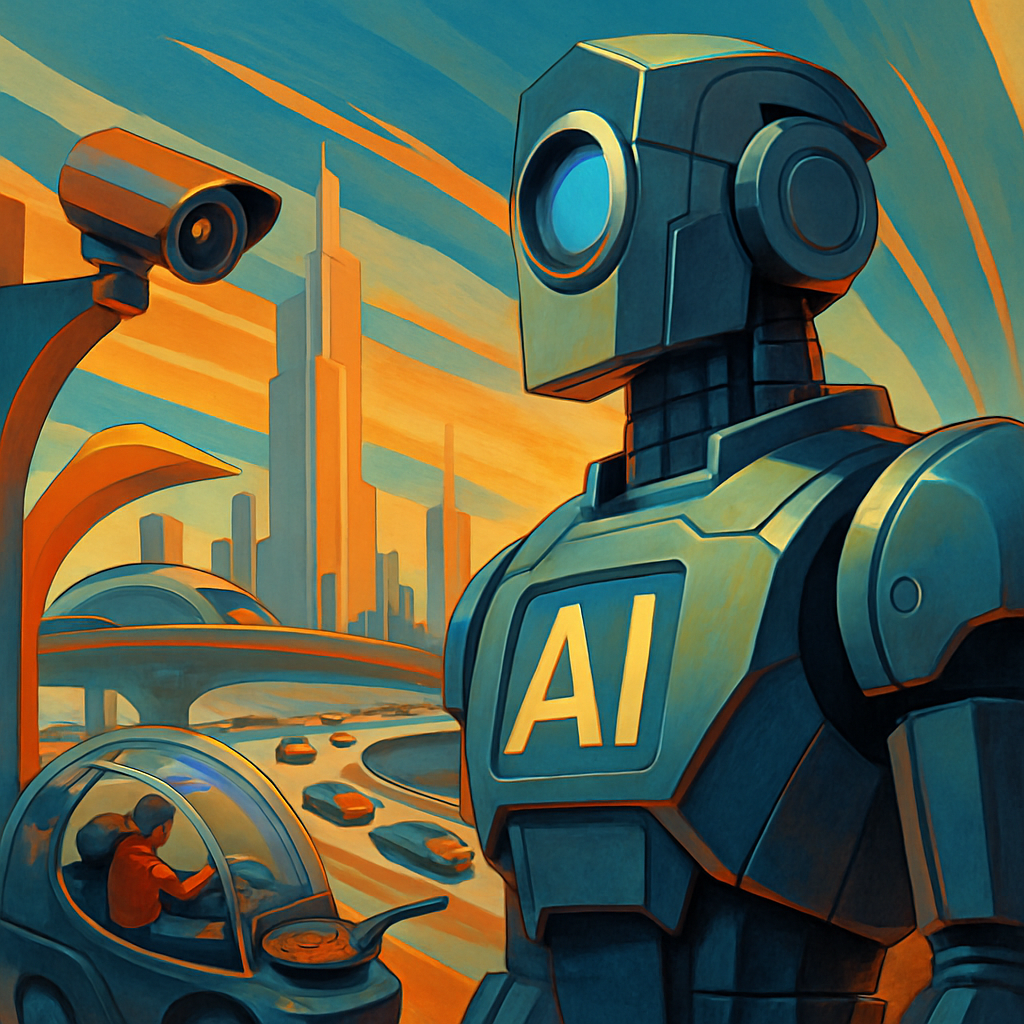Amidst Industry Evolution, AI Crusaders Revamp Their Game Plan with a Splash of Wit

“Facing a Changing Industry, AI Activists Rethink Their Strategy”
“There is an impulse, especially among the powerful, to lean into technological solutions for societal problems,” starts off an eye-opening article from Wired. And oh boy, is it a wake-up call to recognize how deeply artificial intelligence has become intertwined in the fabric of life.
AI, in recent years, seems to have become everyone’s favorite solution to any problem, be it big or small. Security? AI surveillance. Traffic? AI algorithms. Cooking? Get an AI assistant in the kitchen. Notwithstanding, there are inherent challenges associated with AI, and our beloved technocrats seem to conveniently overlook them.
This all-too-commonly occurring ‘automagical’ thinking, is crucially dissected in the report by AI Now Institute, as referenced in the Wired article. The report tries its best to separate reality from hype, asserting the existence of an AI accountability gap. This is not a problem to be swept under the rug. AI has no conscience. It doesn’t apologize when it makes mistakes. It doesn’t feel guilty when it violates privacy. It’s a tool without a moral compass.
One can also relate this to the titbit borrowed from the AI Now report that more than half of the health websites shared user data with third parties, including advertisers. The fabled ‘benevolent’ AI can be an unwitting accomplice in breaching trust, privacy, and confidentiality. Countless websites and services sneakily share your information, and guess who’s the unassuming assistant? Good old AI.
Now, AI’s inherent ‘sin’ isn’t its creator’s intention. One may say it’s like giving a kid a crayon and setting them free on a white wall. But does the blame rest with the crayon, the kid or the one who handed the crayon to the kid? According to AI Now Institute, it’s time to pay attention to those in power who are handing out the AI ‘crayons’.
A significant takeaway from the Wired article is the call-to-action for technology firms and government to become more transparent about AI systems’ “testing and auditing”. In essence, let’s lift up the rug and see what we’ve swept under it. We need more efforts to understand the systems, rather than blindly relying on technology to solve all our problems.
So, the next time the powerful present AI as the magic solution to everything, let’s maintain some healthy skepticism. After all, it’s not magic, it’s just lines of code. AI is a fantastic tool that can and will revolutionize many aspects of life. But let’s not glaze over the potential risks in the pursuit of ‘automagical’ problem-solving.
